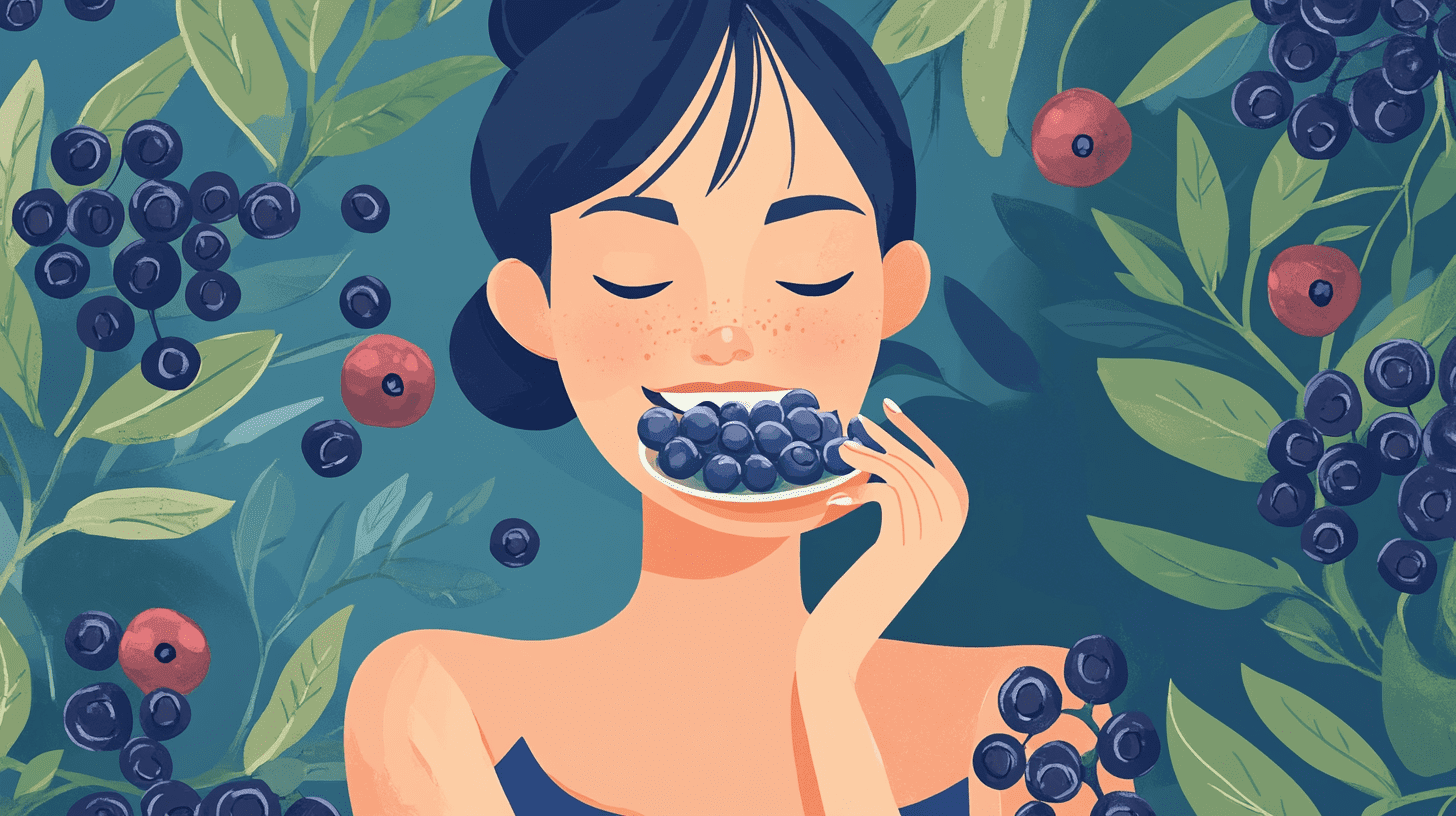Whether you’re looking to get in shape or stay fit, there are plenty of “super” foods you can add to your diet to get on the right track. From fruits and nuts to healthy meats and lean fats, here are the fifteen superfoods you need to work into your meals!
Mushrooms
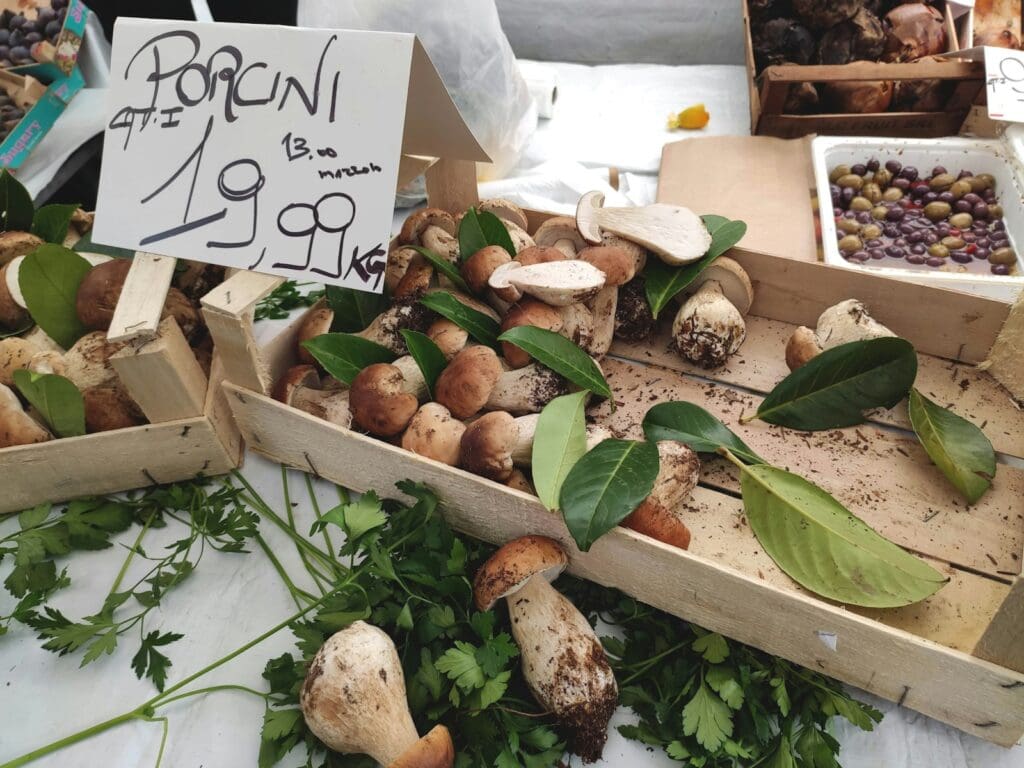
If you don’t believe that mushrooms are great, you should go ask Alice! Mushrooms are full of antioxidants and vitamin D. So go ahead and order them on your pizza, put them in salads or spaghetti sauce, or sauté some for your burgers.
Quinoa
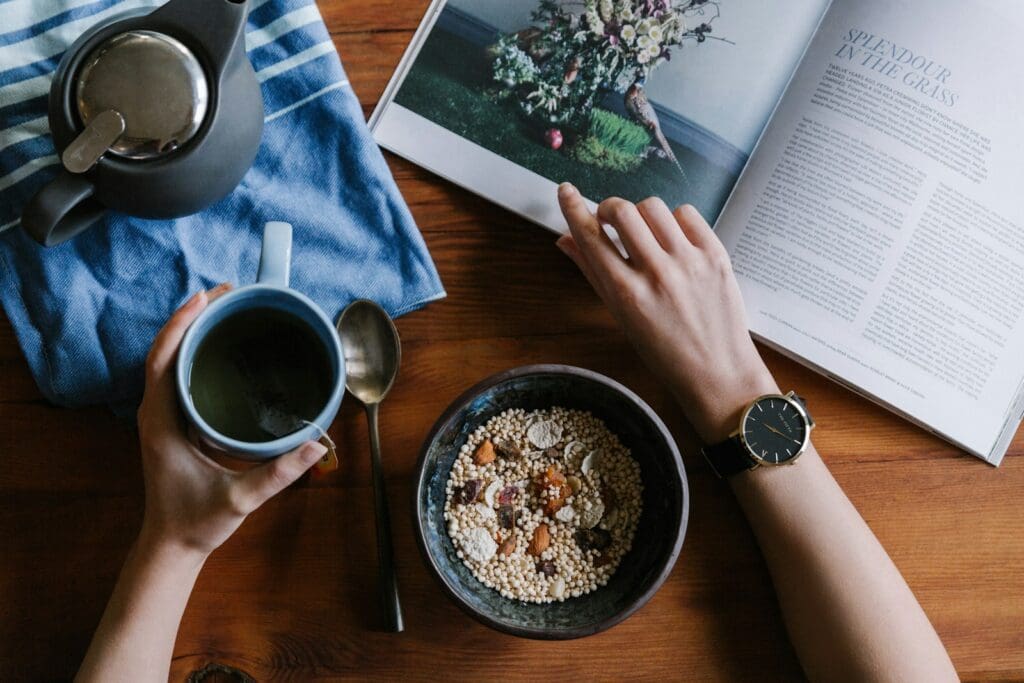
For those of you who didn’t know, quinoa is pronounced keen-wah. This edible seed hails from South America and is rich in fiber and protein. It’s the perfect food if you are diabetic or gluten-free.
Lentils
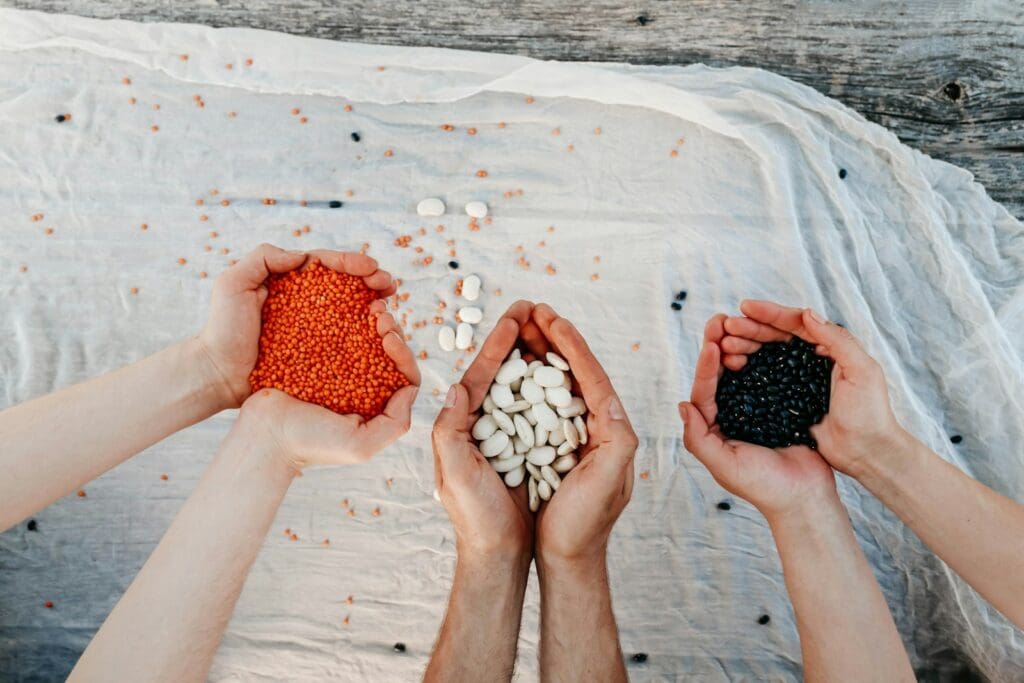
Lentils are great for your heart health and your digestive health. They are full of protein and fiber, so they make a great meat replacement. Who doesn’t love a good lentil stew?
Dark Chocolate
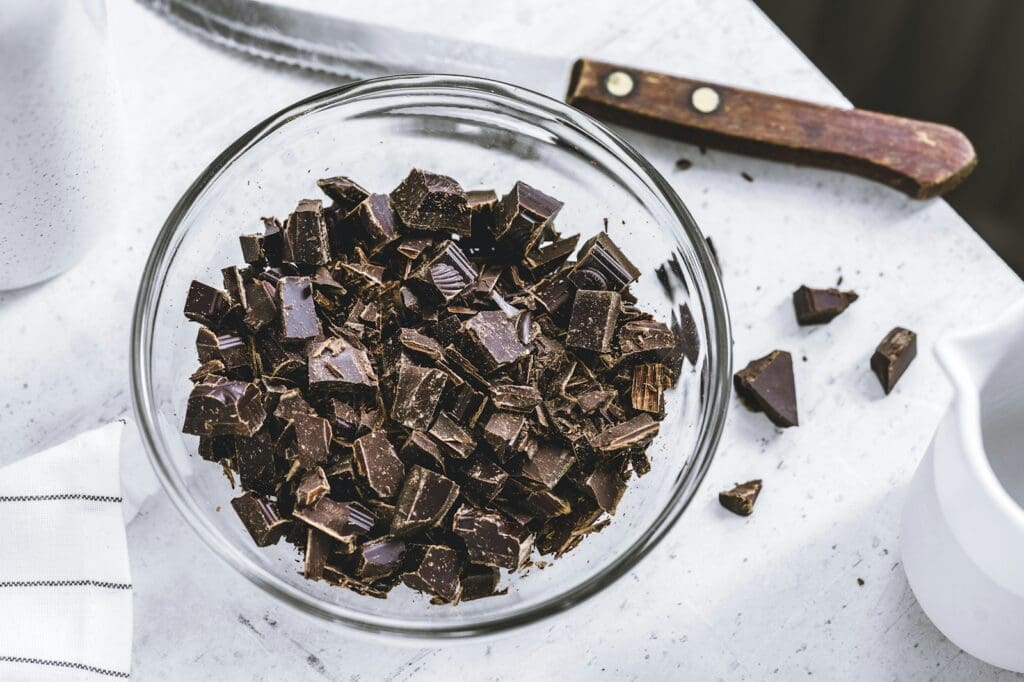
When trying to eat healthier, you should always reach for the fruits and vegetables rather than candy. However, we all deserve a treat now and then. Dark chocolate is great for your heart and brain function. It can also help lower your cholesterol.
Oatmeal
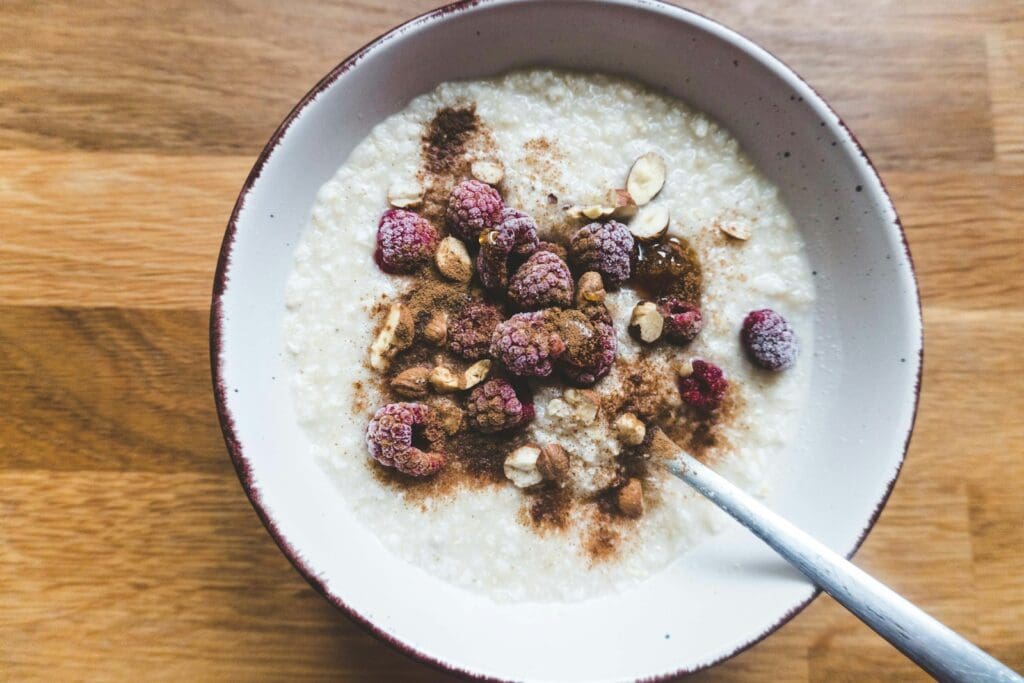
Instead of reaching for sugary cereals in the morning, try a nice bowl of oatmeal. Oatmeal can help regulate blood sugar levels and your digestion. It can also boost your immunity. If you want it sweet, add honey or fruit. You can also add walnuts and a pinch of salt for a more savory option.
Chia
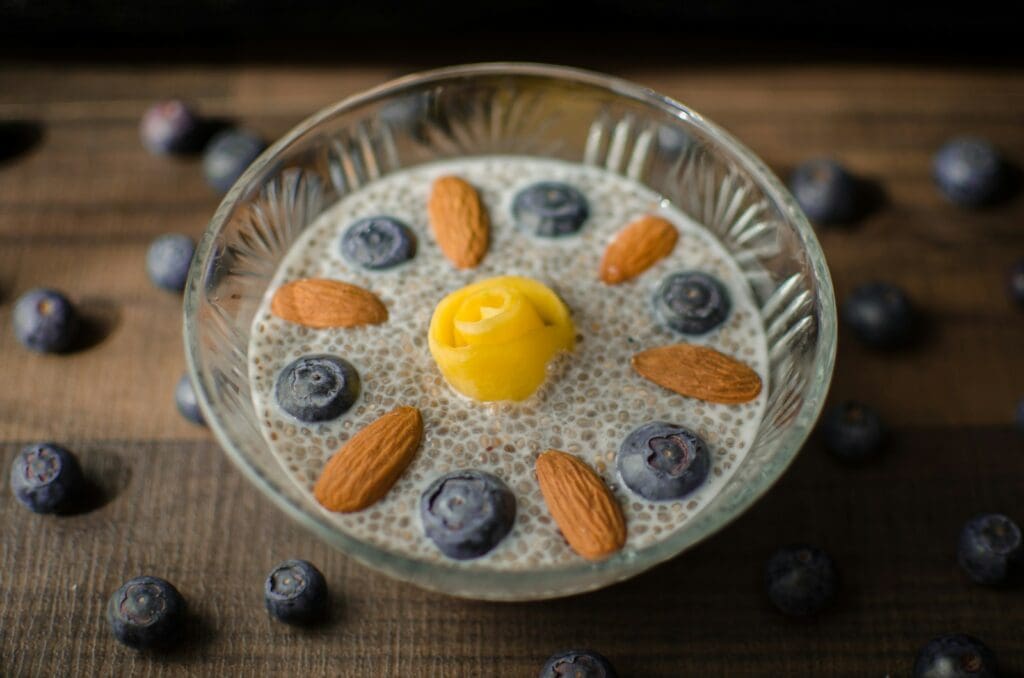
Don’t worry 90’s kids, nobody is going to eat your chia pet. Chia seeds contain omega-3 fatty acids. Which are good for your heart health and cholesterol. They also serve as an anti-inflammatory.
Kale
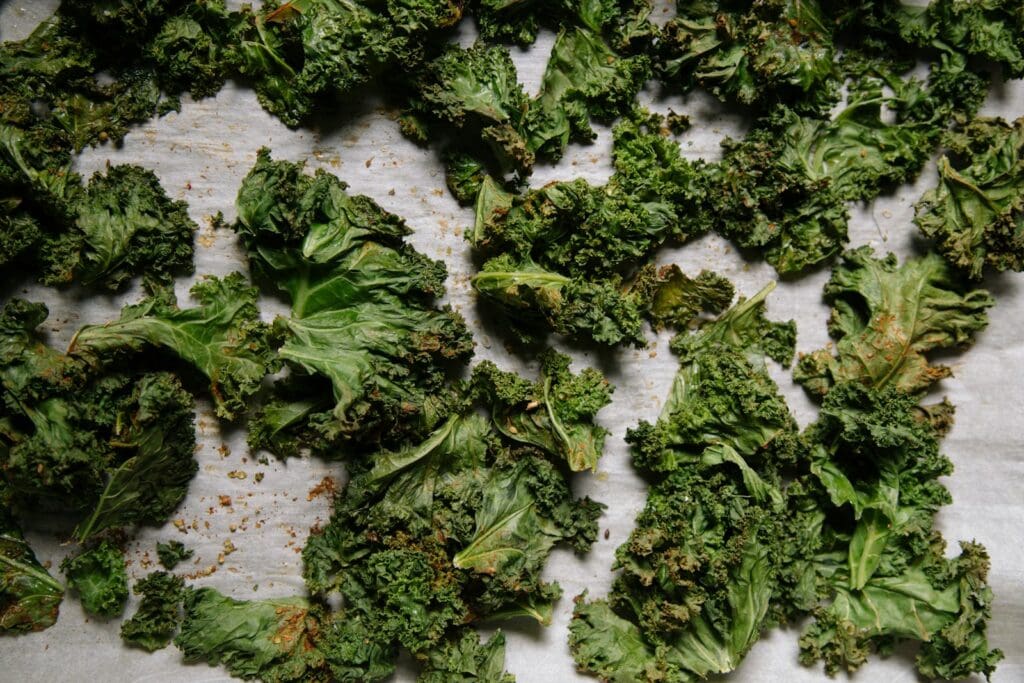
It turns out the garnish that restaurants place on your plate next to your cheeseburger is more than just decoration. Kale is full of fiber and calcium. It also contains vitamin C, K, and iron.
Turmeric
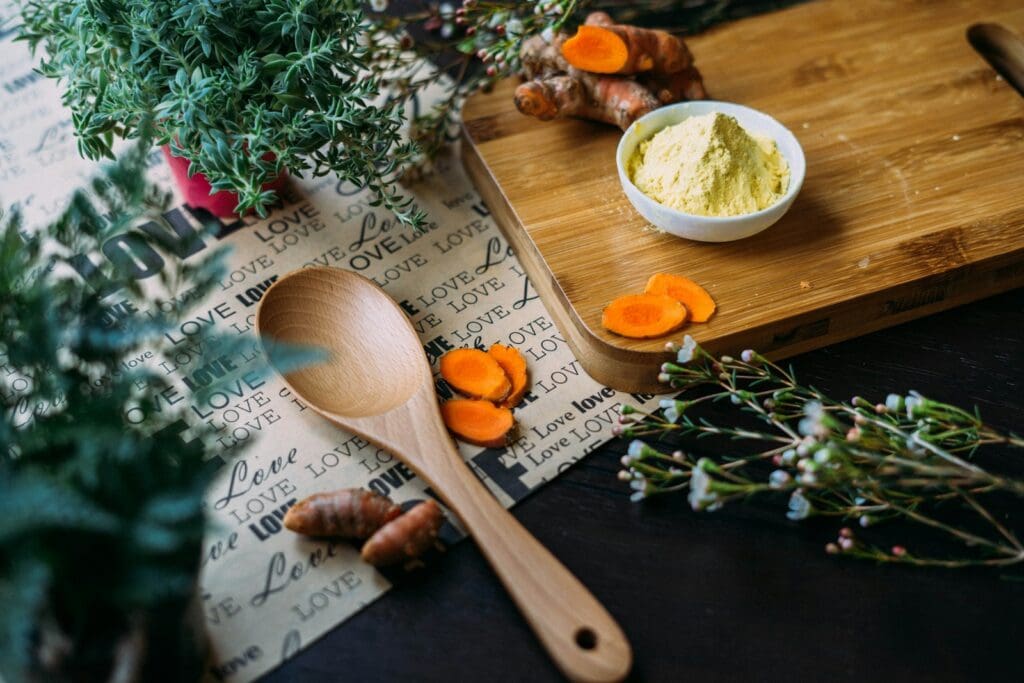
Turmeric is a golden spice that is worth its weight in gold. Turmeric can serve as an antioxidant, anti-inflammatory, and possibly an antidepressant. Though it’s in no way a substitute for an actual antidepressant, studies show that it can help your memory and boost your mood.
Bee Pollen
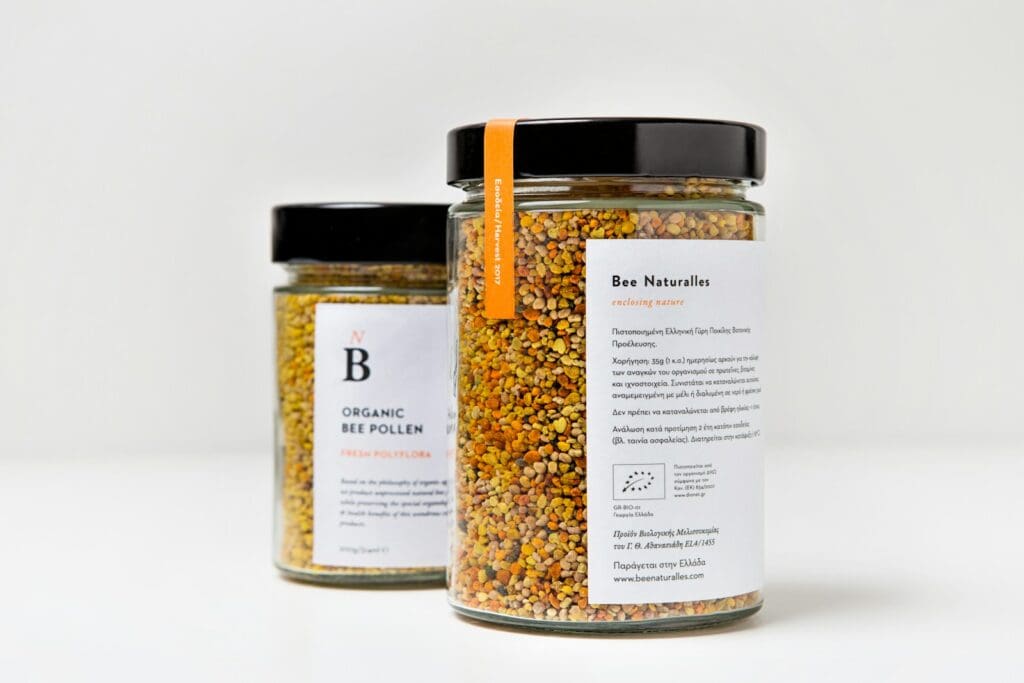
Here is yet another reason to save the bees! Bee pollen helps boost your liver health and can also help with menopausal symptoms. However, if you are allergic to bees, you should steer clear of bee pollen.
Seaweed

Remember when we were kids and we all wanted to be pirates and mermaids? Well, we can come close to achieving our childhood dreams by eating seaweed. Seaweed is full of iron and iodine. It can also help regulate your blood sugar and help you manage your weight.
Coconut
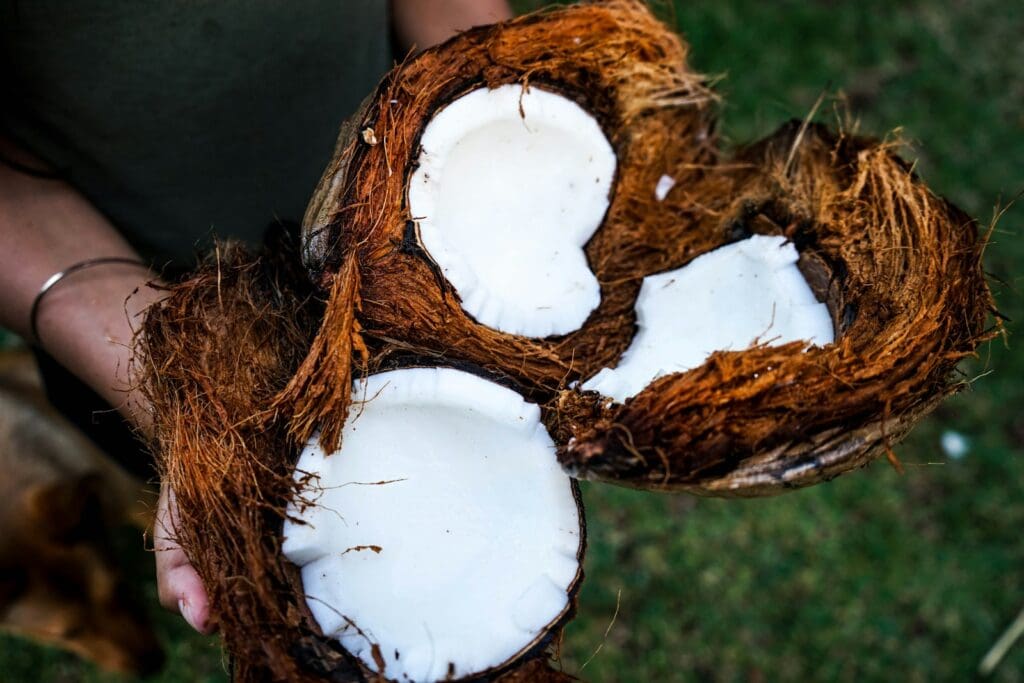
Moana’s father once said “consider the coconut.” And he was right, we should consider the coconut. Coconuts and coconut oil is great for your heart, brain, skin, and oral health.
Citrus
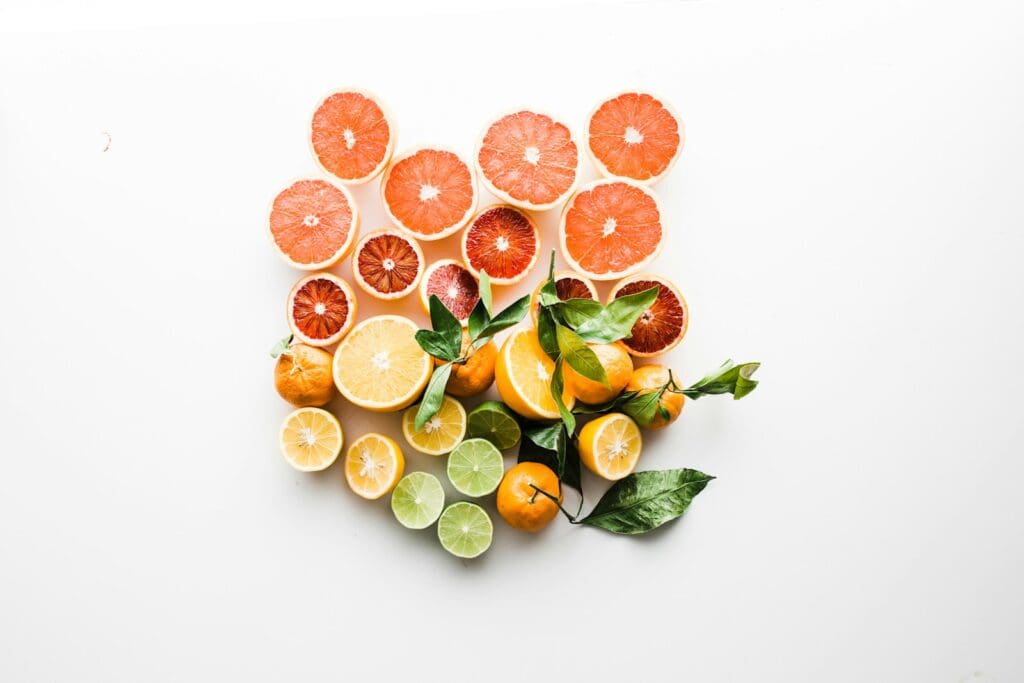
Citrus is full of vitamin C and D so it is perfect for boosting our immunity. It can also increase our cognitive health and improve kidney stones. Whether you want to snack on an orange or make some homemade lemonade, you’ll benefit from citrus fruits.
Pumpkin

Autumn is here. The air is crisp. And pumpkins are all around us. Pumpkins are full of fiber so they are great for your gut health. But I hate to break it to you, but a pumpkin spice latte does not have the same benefits of an actual pumpkin.
Avocado
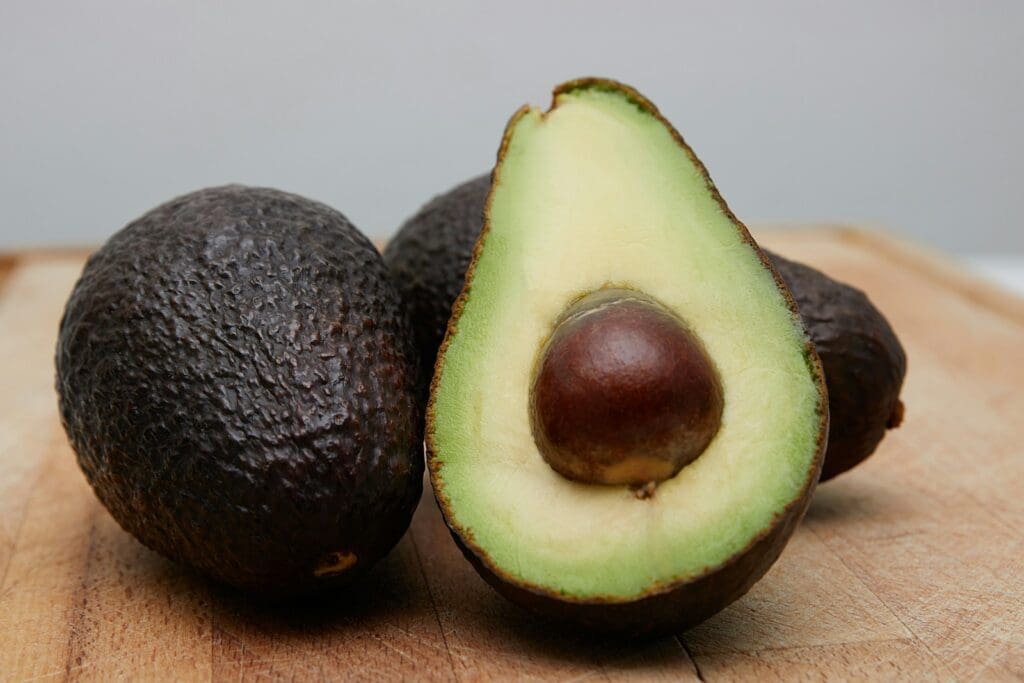
More than just a trendy food for local eateries, avocado is great for you. It’s full of protein and healthy fats as well as very filling without being bad for you. Add it to your rice, throw some slices on your toast, or have it with eggs. It’s all good!
Salmon
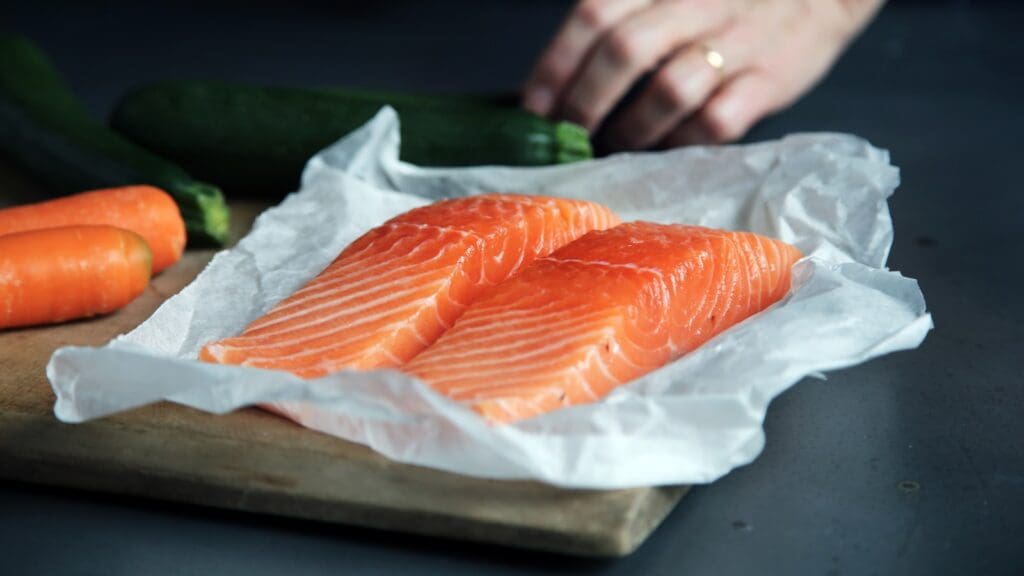
Salmon is a flexible, delicious seafood that can fit into a lot of meals. If you like sushi, salmon goes great in hand rolls or as sashimi. Or, if you’re looking for something more conventional, seared salmon steaks make for a classy dinner.
Nuts
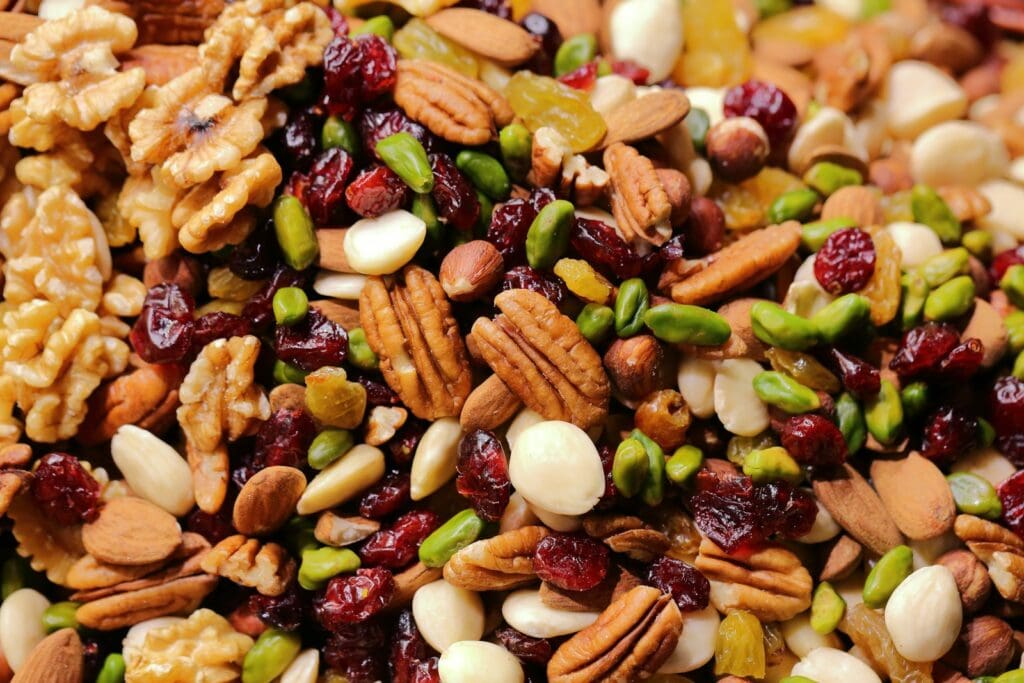
Pecans, walnuts, almonds, hazelnuts, and all other manner of nuts are a great source of protein. They can help reduce your risks for heart disease, too! Not to mention, they’re really tasty. Just make sure you don’t serve them to anyone with a nut allergy!
Broccoli
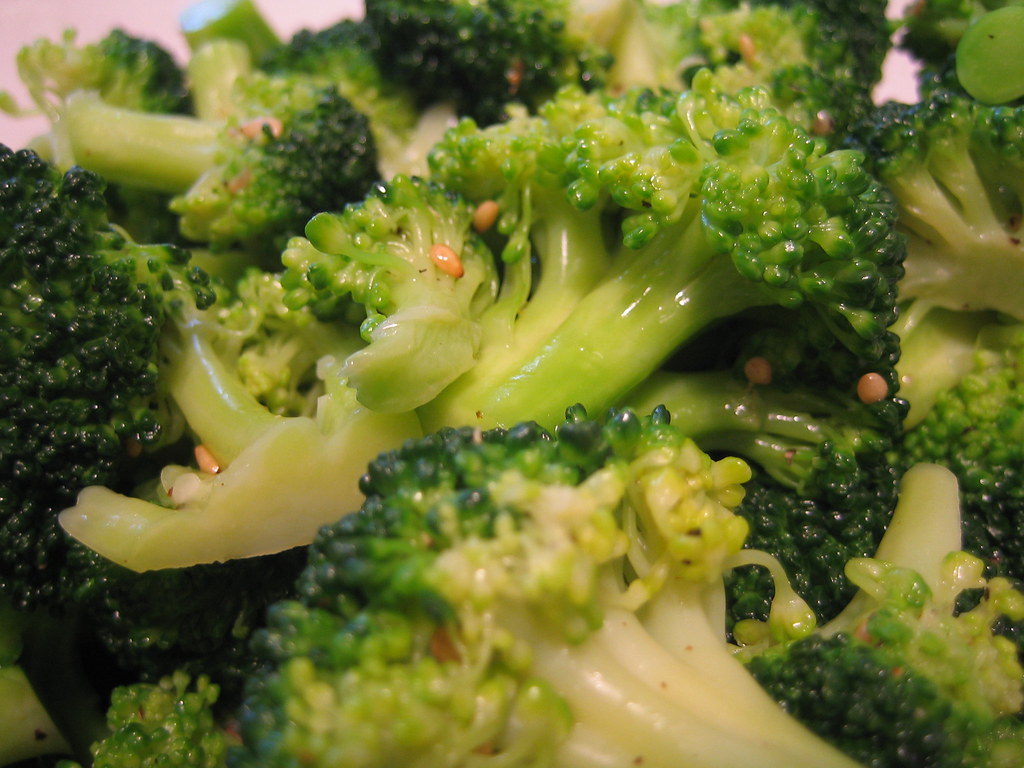
Broccoli and other cruciferous vegetables (that’s cauliflower, kale, Brussels sprouts, and the like) are a great source of fiber. They’re also rich in the vitamins your body needs to build muscle and keep you healthy! Make sure to work these into your lunches and dinners.
Spinach
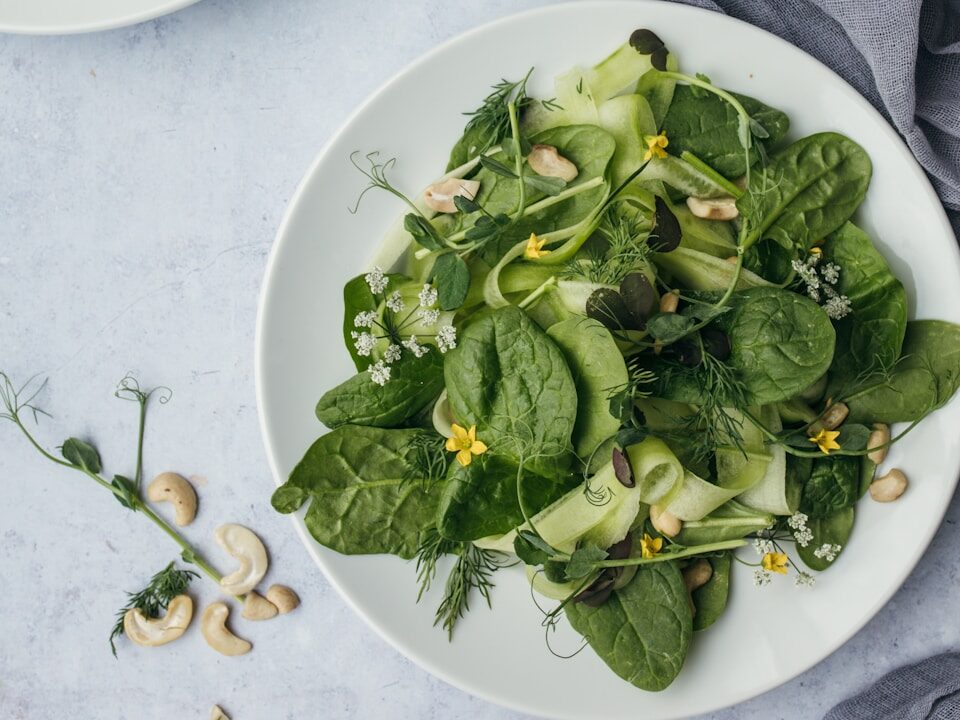
You need leafy greens in your diet for vitamin A and vitamin C, which are critical for your overall health. And the best leafy green of all is spinach. There are no statistics to prove that it’s the best, it’s just my opinion.
Collard Greens
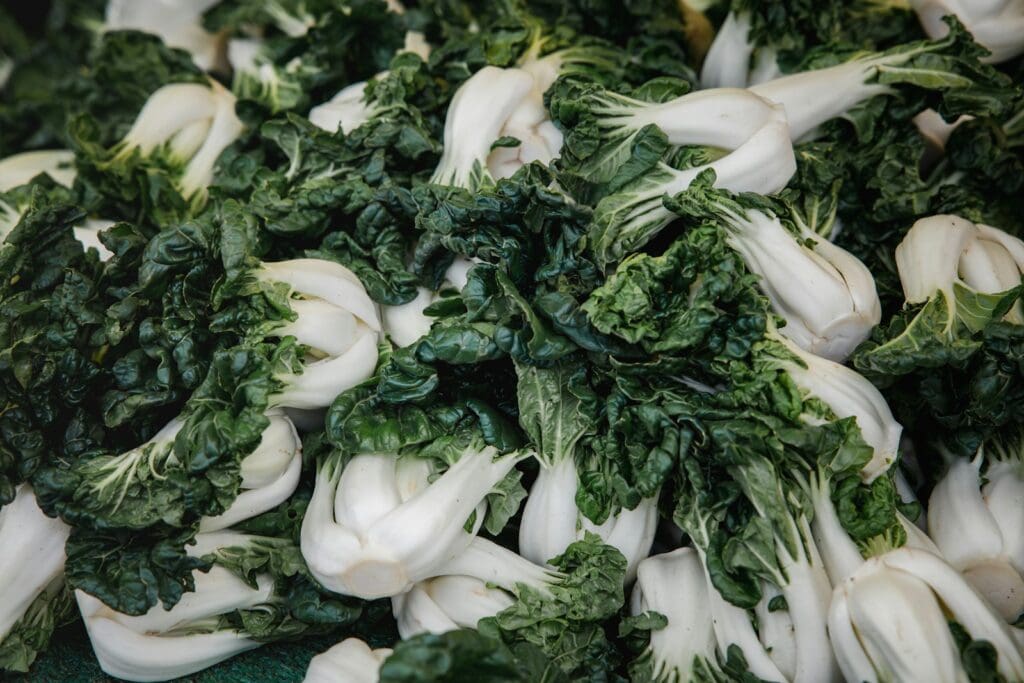
Here is another leafy green that you should add to your diet. It turns out grandmothers from the American south were right all along. Collard greens are good for you! They are rich in calcium, which is great for your bones. Collard greens also have a lot of potassium, which is great if you are prone to muscle cramps.
Chard
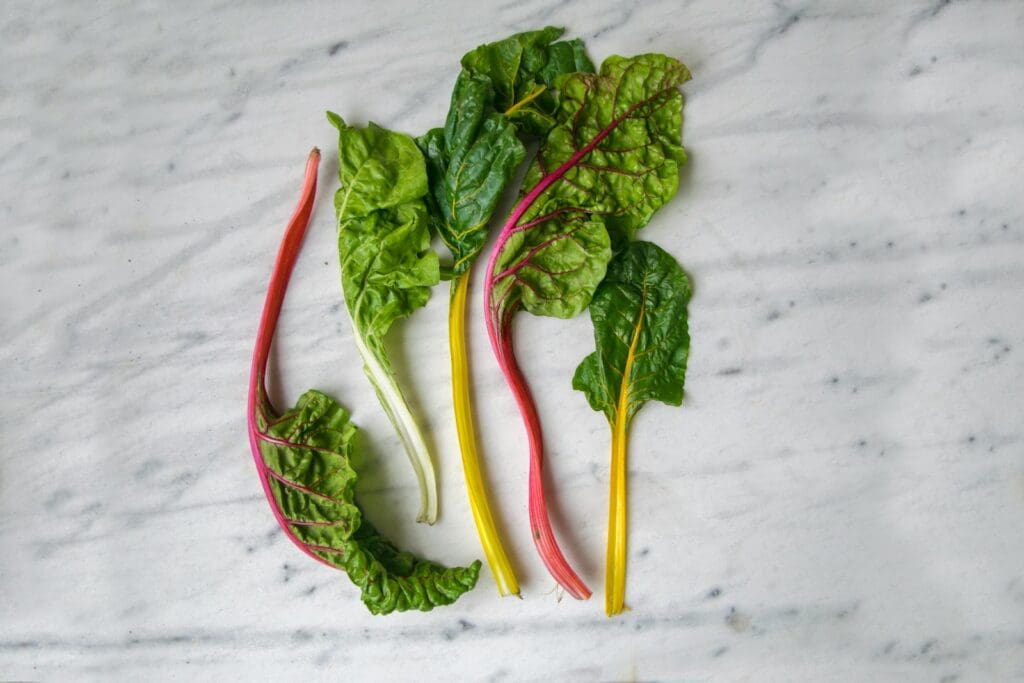
This leafy green has kind of a weird name. But sometimes weird things are good for you. Like other leafy greens, chard is chick full of vitamin A and vitamin C. It also has a ton of fiber. This superfood is great if you suffer from low iron
Eggs
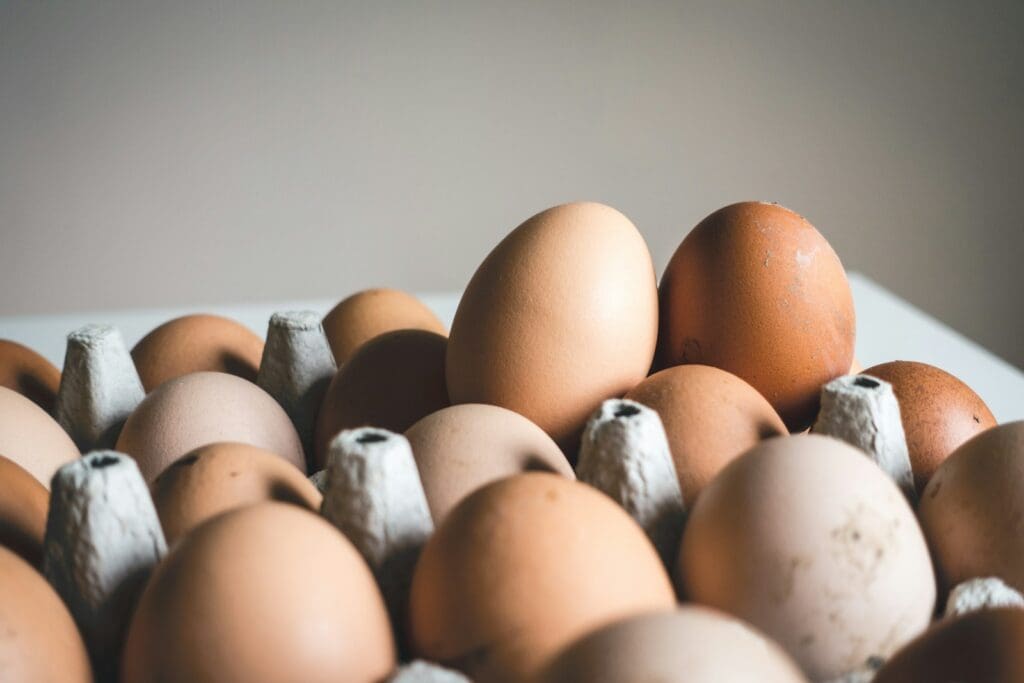
If you’re not eating eggs with your breakfast (or any other meal for that matter) then you need to remedy that. Eggs are a stellar source of protein, and they’re jammed full of nutrients that will help you build muscle and stay in shape.
Ginger
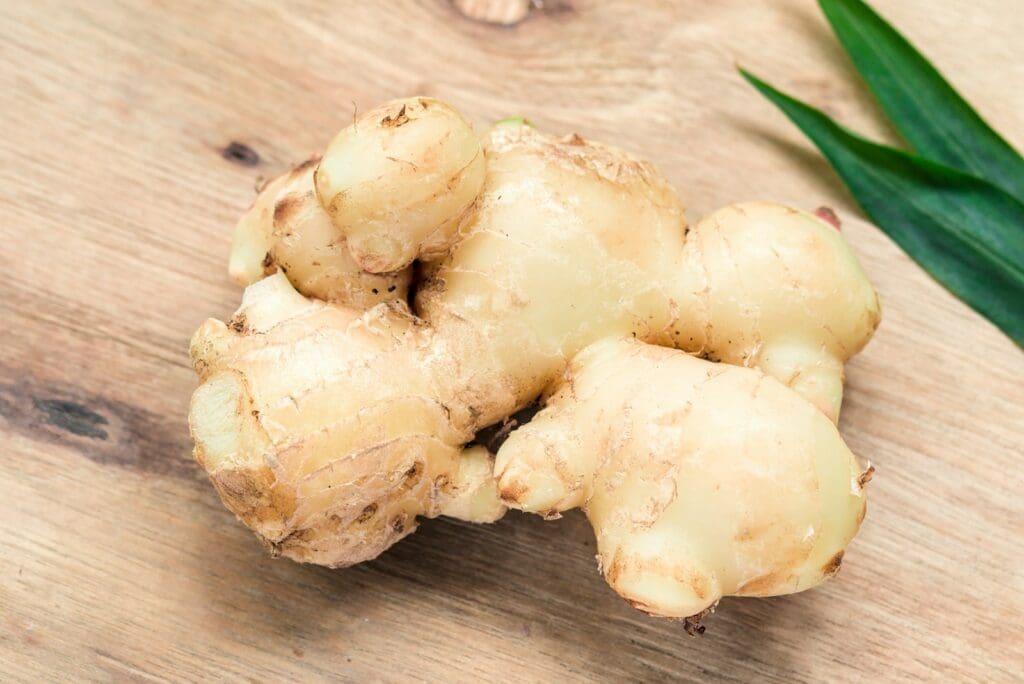
You might not eat a lot of ginger, but you should if you’d like to see some health benefits. Ginger is common in Eastern cuisine and deserves a spot on your plate, too! It offers a variety of nutrients your body needs in a tasty, spicy package.
Blueberries
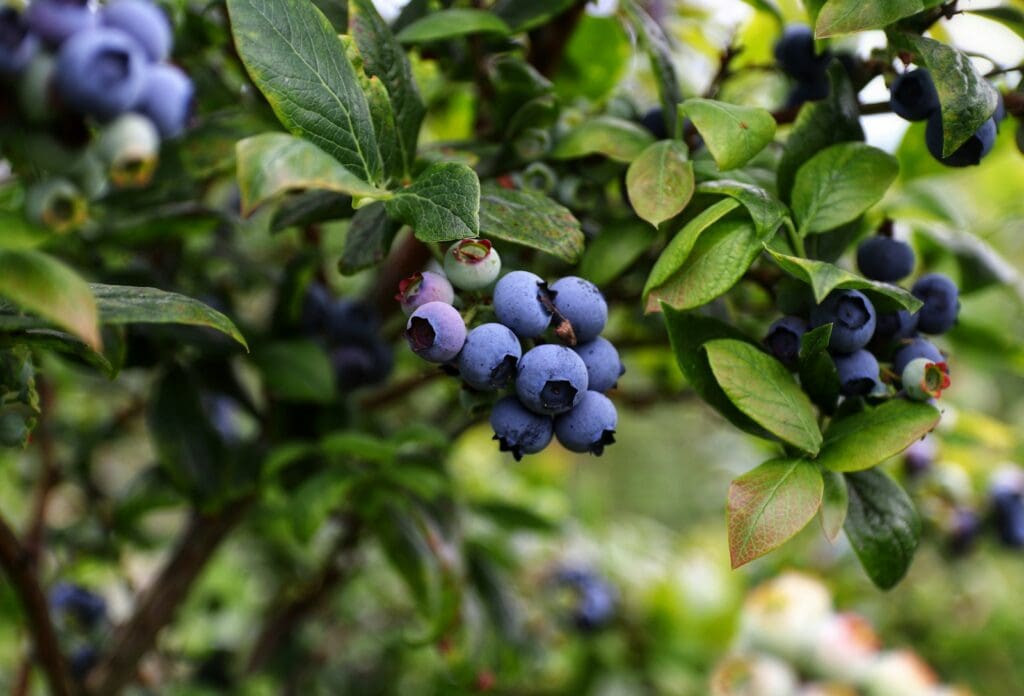
Blueberries aren’t just delicious, they’re also great for you. They’re loaded with fiber and antioxidants, and they’re really great to eat if you’re fighting off some kind of illness like a flu or cold. Add them to your yogurt if you don’t want to just snack on them!
Yogurt
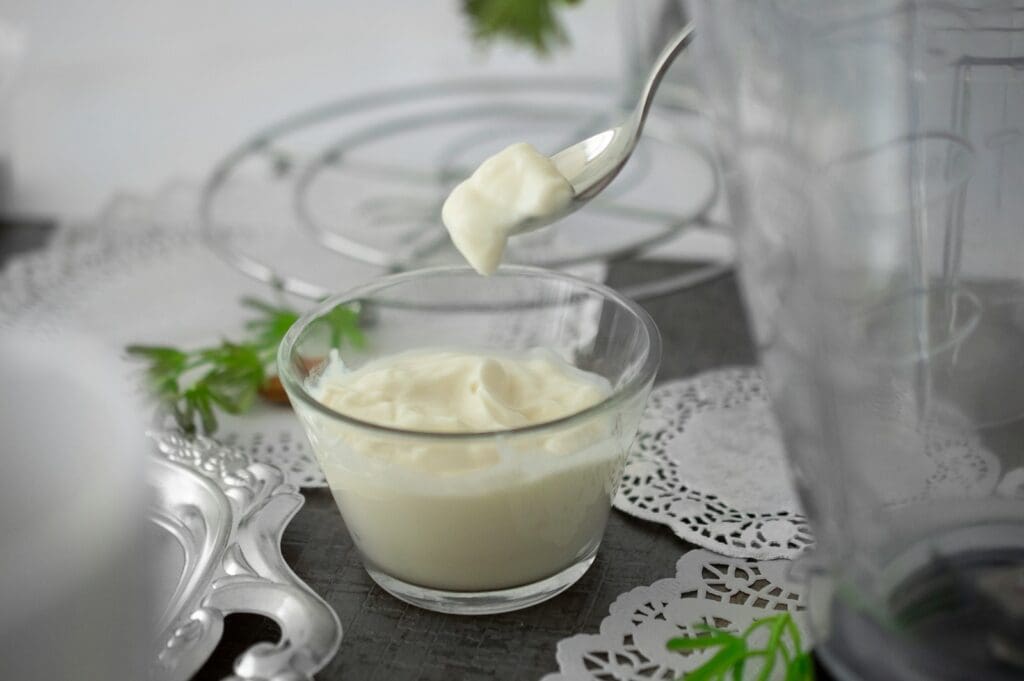
Speaking of yogurt, it’s also great for you. Of course, that assumes you’re not getting a variety of yogurt that’s super high in sugar. Get plain yogurt and sweeten it with berries or other healthy fruits. You’ll get lots of great probiotics for your trouble!
Sweet Potatoes
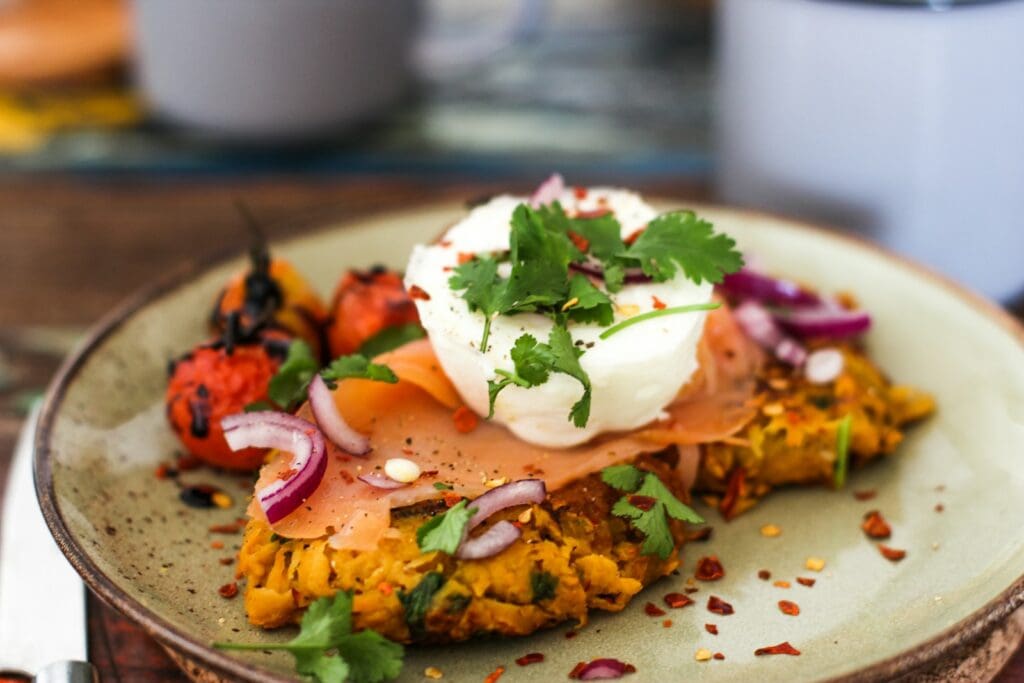
The name of the game with sweet potatoes is “antioxidants.” These tasty little root vegetables are full of them! They’re also high in fiber and vitamins, and you can have them every day as long as you’re eating plenty of calcium (remember those leafy greens)!
Tomatoes
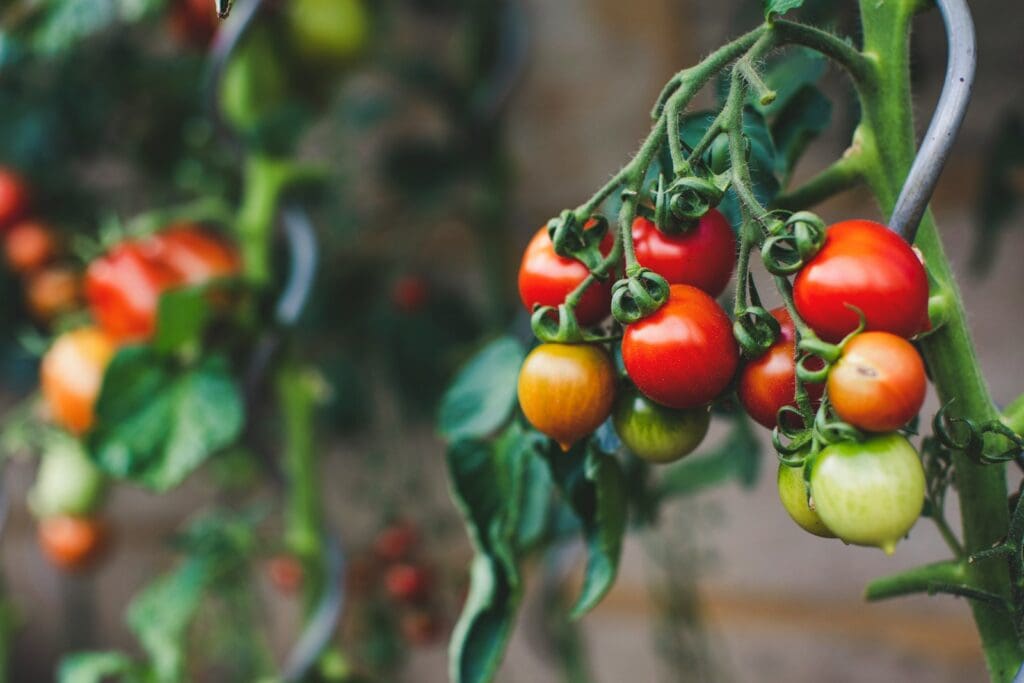
A lot of people with picky palettes don’t eat tomatoes. And that’s a shame, because these tasty red fruits are loaded with vitamin C and have been shown to reduce the likelihood of certain cancers. Try to get them into your diet in a way you can stomach if you don’t already eat them!
Olive Oil

Olive oil might be expensive, but it’s a rare healthy fat that can actually be used in a variety of recipes without introducing ingredients that are bad for you. Consider cooking your meats and veggies in olive oil instead of things like butter or margarine.
Whole Grains
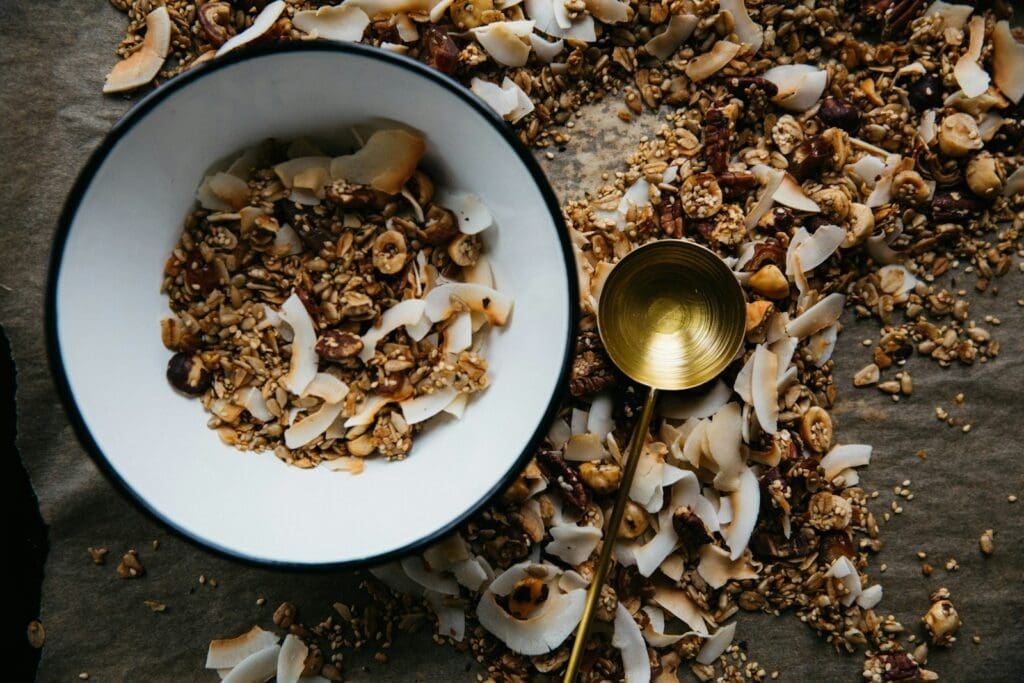
You should be eating more whole grains. Not just the partial grains, mind you, but the whole thing! Jokes aside, whole grains have B vitamins, lots of minerals, and can help lower your cholesterol. They’re also capable of protecting you from diabetes and heart disease!
Read More: The 10 Most Overpriced Grocery Stores in the U.S.
Legumes
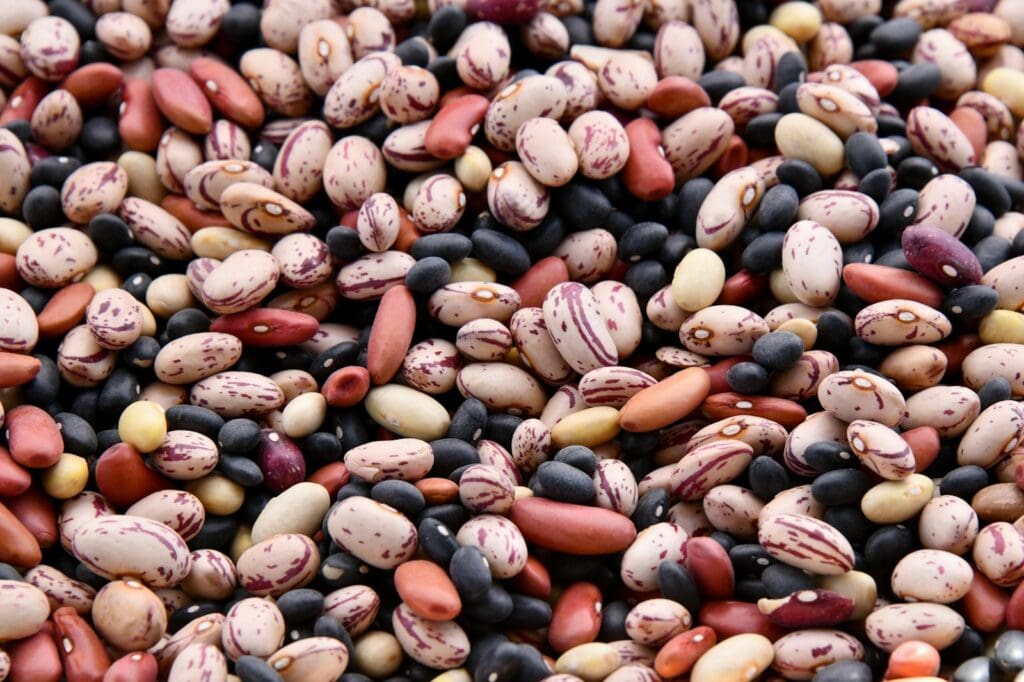
Okay, “legumes” doesn’t really narrow it down, but stick with this one. Kidney beans, black beans, soybeans, peas, and other foods in this category are great sources of protein and fiber. In fact, a lot of vegan athletes rely heavily on legumes for the amount of protein they need to stay in shape!
Read More: Stock These Foods in Your Pantry for Emergencies
Green Tea
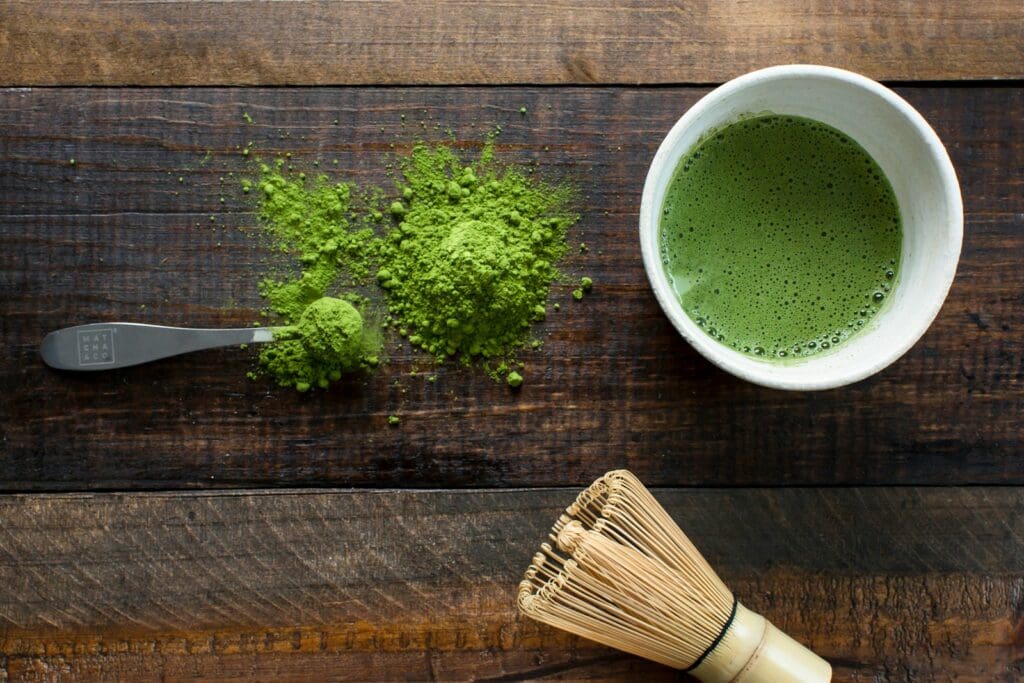
Sure, green tea isn’t technically a “food,” but it gets good nutrients into your body, so just roll with it. The best thing you get from green tea is a truckload of antioxidants, which are good for your overall health.
Read More: One Identical Twin Went Vegan – Doctors Say This Happened Next

